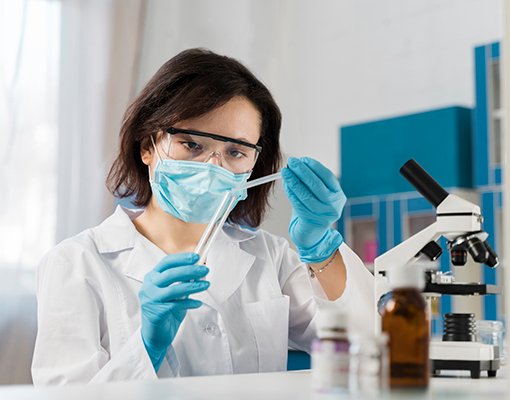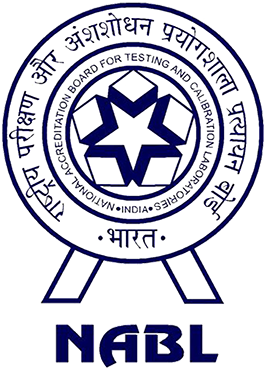Hepatitis C Virus ( HCV Rapid )- Total Antibodies
The HCV total antibodies test using the CLIA (Chemiluminescent Immunoassay) method detects antibodies against Hepatitis C virus (HCV) in blood samples. This test is crucial for diagnosing HCV infection, as it identifies antibodies produced by the immune system in response to the virus. The CLIA technique involves capturing HCV antibodies from the sample using specific antibodies immobilized on a solid surface. A chemiluminescent reaction then generates light in proportion to the amount of HCV antibodies present, which is measured quantitatively. This method is highly sensitive, allowing for early detection of HCV infection and is used for screening individuals at risk, monitoring disease progression, and assessing treatment efficacy in clinical settings.
The CLIA (Chemiluminescent Immunoassay) method for detecting total antibodies to Hepatitis C virus (HCV) is a highly sensitive and specific laboratory technique used in the diagnosis of HCV infection. Here’s a comprehensive definition:
**Principle of CLIA Method:**
CLIA is an immunoassay technique that utilizes chemiluminescence to detect and quantify antibodies specific to HCV in human blood serum or plasma. The assay employs capture antibodies that are immobilized on a solid phase (such as microplates or magnetic beads). These antibodies specifically bind to HCV antibodies present in the patient’s sample.
**Procedure:**
1. **Sample Collection:** A blood sample is collected from the patient and processed to obtain serum or plasma.
2. **Assay Setup:** Solid-phase surfaces are coated with capture antibodies that bind to HCV antibodies.
3. **Incubation:** The patient’s sample is added to the coated wells, allowing HCV antibodies in the sample to bind to the capture antibodies.
4. **Washing:** Unbound substances are removed by washing the wells to reduce background noise.
5. **Detection:** A second antibody, conjugated with a chemiluminescent molecule, is added. This secondary antibody binds to the captured HCV antibodies.
6. **Chemiluminescence Reaction:** A chemiluminescent substrate is added, triggering a reaction that produces light. The intensity of the light emitted is directly proportional to the amount of HCV antibodies present in the sample.
7. **Measurement:** A luminometer detects and quantifies the light emitted from the reaction, providing a quantitative measurement of HCV antibody levels in the sample.
**Clinical Significance:**
- **Diagnostic Tool:** The CLIA method for HCV antibodies is used to diagnose hepatitis C infection by detecting antibodies produced by the immune system in response to HCV. It is particularly useful for identifying individuals who have been exposed to HCV, including those with acute or chronic infections.
- **Screening and Surveillance:** Screening populations at risk (e.g., injection drug users, healthcare workers) helps identify asymptomatic individuals who may benefit from early treatment or monitoring for liver disease progression.
**Advantages of CLIA:**
- **High Sensitivity and Specificity:** CLIA assays are highly sensitive and specific, capable of detecting low levels of HCV antibodies with minimal cross-reactivity with antibodies to other pathogens.
- **Automation and Efficiency:** The method is automated, facilitating high throughput and reducing the potential for human error in testing procedures. This makes CLIA suitable for routine screening in clinical laboratories.
**Considerations:**
- **Interpretation:** Results should be interpreted in conjunction with clinical history, risk factors, and other laboratory tests to confirm HCV infection and guide patient management decisions.
- **Quality Control:** Regular calibration, validation of reagents, and adherence to quality control measures are essential to ensure accuracy and reliability of CLIA results.
**Conclusion:**
The CLIA method for detecting total antibodies to HCV is a critical tool in the diagnosis and management of hepatitis C infection. Its reliability, accuracy, and automation capabilities make it integral to public health efforts aimed at controlling HCV transmission, improving patient outcomes through early detection, and guiding appropriate interventions and treatment strategies. Continued advancements in CLIA technology further enhance its utility in diagnosing infectious diseases and supporting effective patient care.
We provide blood tests in Noida, Gurgaon,
Faridabad,
Delhi,
Indirapuram, Ghaziabad, Greater Noida, and Greater Noida Extension(west).
















